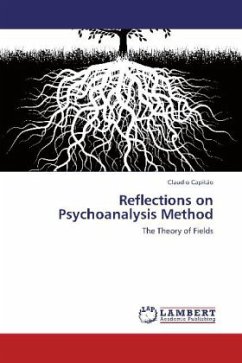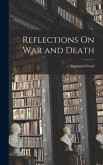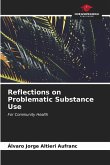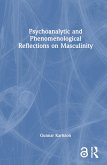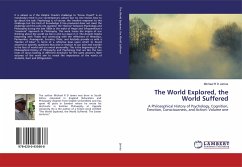As a science, psychoanalysis has as its privileged object of investigation the human soul and all its manifestations, the desiring heart that draws our ways, even when we do not believe or accept the design that is presented, it lays in various manifestations of life, from the beautiful and tasteful creations that make up the culture, to the most disgusting atrocious acts which "common sense" refuses to recognize as a product of human desire, because the human desire is a paradoxical creature, in many ways. The first paradox arises from the desire as it is not exactly a creature it is not a visible product, it is not an explicit manifestation but at first as being a creator. It produces the shape of the subject's emotions, its productive logic (or of conception), conceives us as we are. The other, not the least paradox lies in the way is made known. The material in which this essay is based can be divided into two parts: bibliographical and human. The bibliography consists of texts by Fabio Herrmann's own psychoanalytic literature and literature in general.
Bitte wählen Sie Ihr Anliegen aus.
Rechnungen
Retourenschein anfordern
Bestellstatus
Storno

